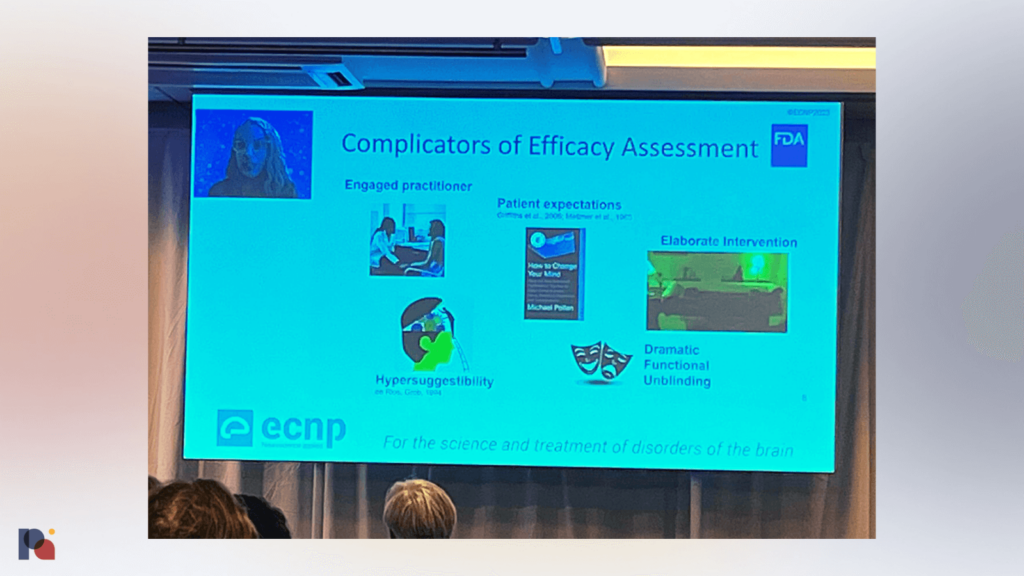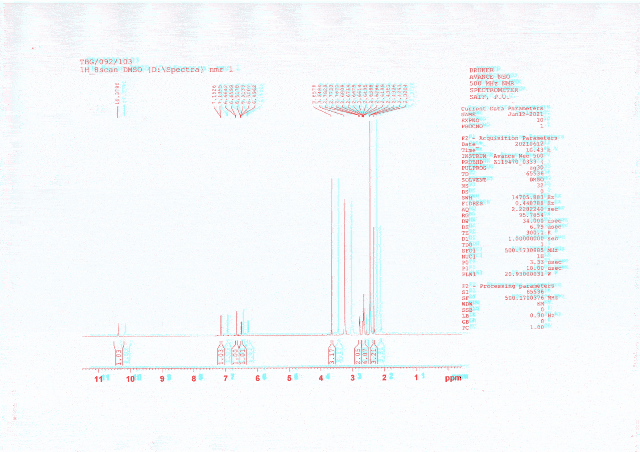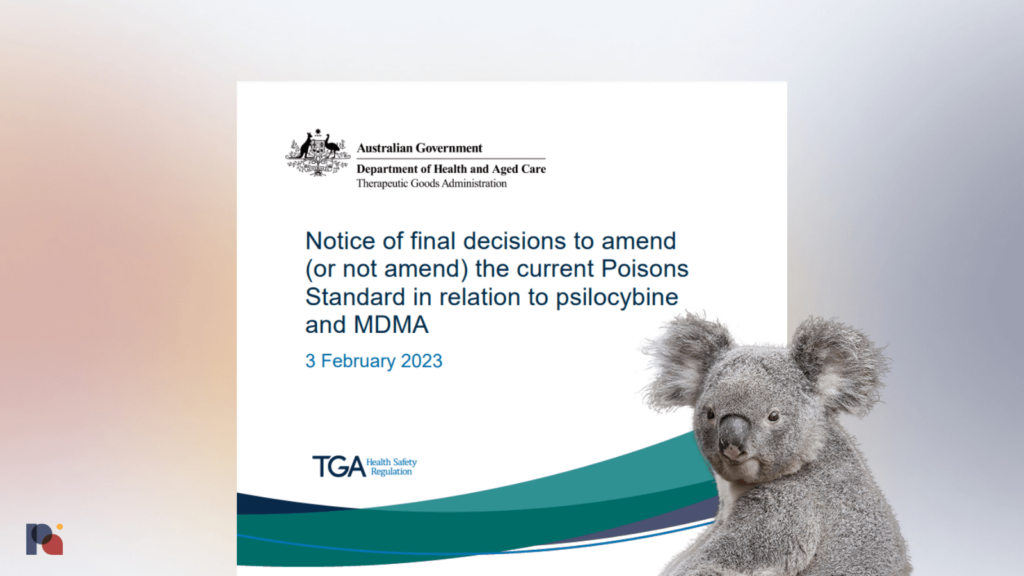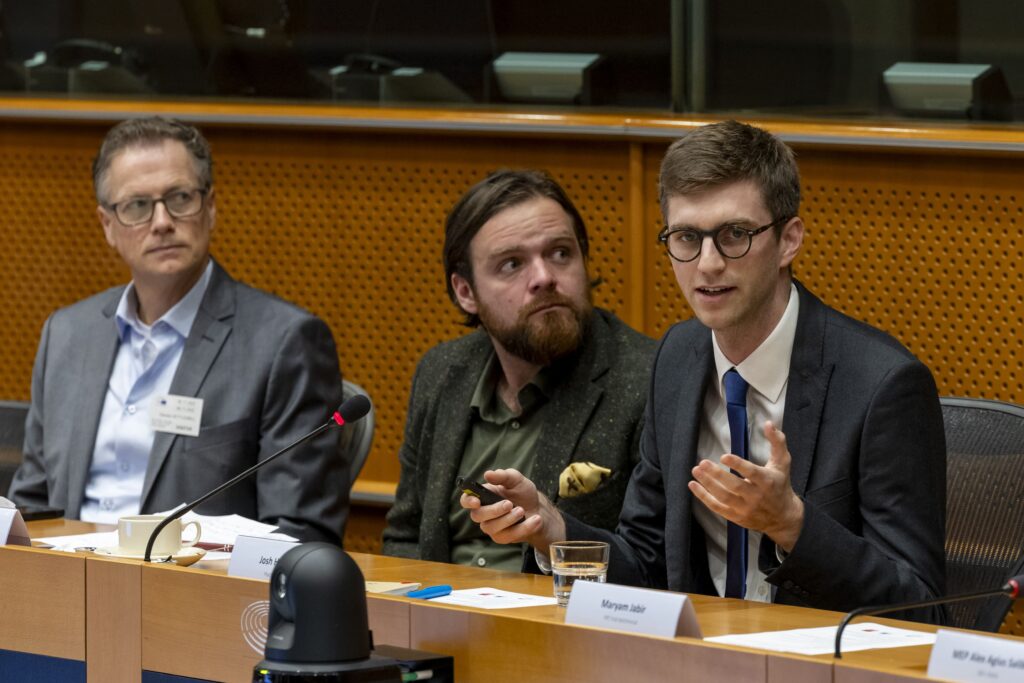Part of our Year in Review series
It was quite a diverse year in terms of our reporting: from breaking news coverage of stories like Australia’s limited rescheduling of MDMA and psilocybin and MAPS PBC’s New Drug Application submission, through to special reports and deep dives like our postmortems of significant names in the psychedelics industry, such as Synthesis Institute and Field Trip.
To kick off our 2023 Year in Review, I look back at some of our top articles and coverage from the year.
Nine of the ten articles are free to read, but as we head into a new year a significant portion of our content will be reserved for our Pα+ subscribers. You can learn more, and subscribe today, on this page.
Josh Hardman
Founder & Editor
1. Inside Synthesis Institute’s Implosion
March 7, 2023 • Read the article
As we moved to roll out our subscription model, Pα+, in late 2023, we took some time to step back and think about what defines the Psychedelic Alpha approach:
We adopt a critical, analytical point of view—not pessimistic or cynical—that we hope provides a unique lens on the psychedelic industry for years to come: an opinionated exploration of the intersection between psychedelics and business. We don’t shy away from difficult questions and dive head-first into complexity.
Part of that tricky reporting is postmortems, which are not necessarily the most enjoyable content to write, but we hope they serve a useful purpose.
In 2023, our two most substantial (and popular) postmortems both came in March1, with one operator in the ‘medical model’ (publicly-listed Field Trip) and one in the state-level legal market (Synthesis Institute).
Synthesis Institute, once seen as the ‘gold standard’ of psilocybin service providers and facilitator training outfits, imploded after a risky $3.6 million bet went south.
For this piece, I spoke to dozens of people close to the matter—from students and facilitators through to local government representatives—and reviewed documents and communications from inside the organisation to chart the course of Synthesis’ downfall.
Since our reporting, Oregon’s Higher Education Coordinating Commission (HECC) issued a notice of license suspension, violations and civil penalties to Synthesis Digital, LLC (dba Synthesis Institute) in November 2023. The notice stipulates that Synthesis Digital “pay full refunds to students who dropped as a result of the School’s unplanned closure/cessation of classes in March 2023.”
To learn more about refund eligibility and procedures, check the HECC webpage.
2. Dispatch from ECNP New Frontiers: Psychedelics
March 25, 2023 • Read the article
I was lucky enough to attend the European College of Neuropsychopharmacology’s (ECNP) New Frontiers meeting in Nice, France. 2023’s two-day special meeting was dedicated entirely to psychedelics.
I had just returned to Europe from SXSW in Austin, Texas, and (as I noted in my dispatch) the mood couldn’t have been more different. An omnipresent substrate of optimism at SXSW contrasted with baseline realism at ECNP. “From the anticipated effect sizes of psychedelic trials through to the cut and tailoring of suits and outfits—everything felt a little more measured, here”, I wrote.
In my dispatch I recalled some of the most salient discussions at the meeting, which included:
- Bringing to light the unanswered questions and knowledge gaps, and proposing research designs that may make a dent in them (“we don’t know” was the catchphrase of the meeting).
- Learning from Spravato: from study design (e.g., the timing of endpoints) through to timing retreatment and anticipating logistical challenges.
- Exploring the scientific, legal and implementation challenges that psychedelics will face from a regulator’s perspective (both EMA and FDA representatives presented at the meeting).
While trying to blend in with the neuropsychopharmacologists (and, pronounce ‘neuropsychopharmacology’ after a glass of wine), I couldn’t help but notice a major incongruency that was brewing between the researchers and regulators.
In her presentation, the FDA’s Tiffany Farchione suggested that sponsors might reduce potential biases in their studies by having post-treatment therapy conducted by a different person than the in-session monitor. But this seemed totally misaligned with what several researchers had mentioned throughout the meeting.
Gerhard Gründer, for example, talked of the “special relationship” between therapist and patient, sharing emails from one of his psilocybin therapy trial participants who said they were “infinitely grateful” Gründer. “I cherish you in deep friendship”, the email continued.
David Erritzoe, meanwhile, characterised the responsibility of the therapist in managing the very difficult material that can emerge during a psychedelic session as “immense”, “massive”. How, I wondered out loud, might a therapist who did not witness the psychedelic session bear this responsibility?
Just a few months later, what I saw as a dormant fissure between regulators and practitioners grew into a pretty hefty crack.
It turns out that Farchione had been teasing the FDA’s draft guidance on clinical investigations involving psychedelics, which included the following recommendation:
“The therapist monitoring the session can usually deduce the treatment assignment by observing the subject’s behavior. Therefore, it is preferable that the in-session monitor is not involved in post-session psychotherapy because their knowledge of the treatment could bias the delivery of subsequent therapy.”
As we reported in our analysis of the 225 public comments (yes, I read them all; yes, you should pity me!) submitted to the FDA in response to this draft guidance, the largest sticking point was this recommendation.
Even Compass Pathways, which positions its ‘psychological support’ as distinct from psychotherapy and much more safety-oriented than central to its psilocybin intervention’s efficacy, took issue with the recommendation.
3. Field Trip’s Downfall: Too Early, Too Aggressive, Too Extravagant?
March 28, 2023 • Read the article
The latter of our two psychedelic company postmortems looked at self-styled psychedelic clinic company Field Trip. For this piece, Noah Smith dug through pitch decks, interviews and financial data to piece together a trip report that saw Field Trip go from loud, brash market leader to all-but bankrupt.
The company repeatedly failed to meet its projections, and by wide margins. For example, the company had projected annual patient services of $270 million by 2024 across 75 locations, but in actuality it generated less than $15 million in lifetime patient revenues.
At the time, we noted that there were some similarities between Field Trip and Synthesis:
It’s not too dissimilar from the situation that Synthesis found themselves in, either: a risky, aggressive bet on property (in their case, just one), ultimately being scuppered by the cost of this brick and mortar liability when regulations (in their case, local zoning regulations) effectively sunk their plan. There are many other comparisons to be made, including the fact that costs are out-of-pocket in Oregon’s psilocybin services market due to lack of payor involvement, and a slower roll-out than expected. It’s interesting to see these similar commercial woes arise at both ends of the spectrum of decriminalised/locally-legal and the more ‘medical’ side of things.
4. Non-Hallucinogenic Trip Reports: Searching for the Tabernanthalog Tasters
July 19, 2023 • Read the article
This was one of our more light-hearted pieces of 2023, where I got to spend a day or two browsing online message boards, research chemicals forums, and nootropic chat rooms to find people who claim to have tried tabernanthalog (TBG), a ‘non-hallucinogenic’ ibogaine analog under development by Delix Therapeutics.
“I don’t care what the rats said… it’s a psychedelic and feels far more tryptamine than phenethylamine”, said ‘MRSAMinor’, who claims to have ingested one gram of the substance.
Since I wrote that piece, at least one other tabernanthalog trip report has been published. Writing on a personal blog, Arthur Juliani concluded that “Tabernanthalog is indeed a psychoactive substance.” Juliani also experienced “stomach discomfort” for the entirety of the day, which means they got off lightly compared to those in our story. (No spoilers.)
Read All Our Coverage in 2024 with Pα+
Consider subscribing to Pα+ to receive all of our content and resources in 2024: from deep dives and bulletins through to exclusive interviews, primers and patent tracking.
Your subscription goes directly toward supporting our coverage, not glossy graphic design or marketing budgets. Learn more and subscribe here, or get in touch to discuss team and corporate plans. Thank you.
5. Australia Recognises MDMA and Psilocybin as Medicines
February 3, 2023 • Read the article
The year got off to a surprising start when a limited rescheduling decision made Australia the first country in the world to officially recognise psilocybin and MDMA as medicines.
It was surprising because it came very soon after an interim decision to not amend the current Poisons Standard in relation to psilocybin or MDMA. The about-face was made at the behest of an unnamed ‘senior medical officer at the TGA’, mysteriously referred to as the decision maker.
Under the move, the country’s Therapeutic Goods Administration (TGA) stipulated that—starting July 1st—authorised prescribers could issue prescriptions of psilocybin and MDMA for treatment-resistant depression and PTSD, respectively. All of those conditions, among others, must be met.
This represented a case of bifurcated scheduling, as MDMA and psilocybin remained in the most restrictive Schedule (9) where they appear outside of those situations outlined above (or outside of an approved clinical trial).
In our coverage, we explained these nuances as well as charting a recent history of increasingly psychedelics-curious moves from the Australian government. (I also tried to take something of a victory lap by noting that “in our 2021 Year in Review, we identified Australia as one of four spotlight countries in terms of psychedelic drug policy reform.”)
6. Analysis: Patent Applications Provide Hints at Terran Biosciences’ Strategy
July 28, 2023 • Read the article
With the help of our friends at Calyx Law, we keep abreast of all psychedelics-related patent activity as it happens. And occasionally, we notice something curious.
Perhaps the most intriguing pattern of psychedelic intellectual property activity that we discussed last year was that of Terran Biosciences. We assigned Noah to the case.
Noah analysed the company’s published patent applications, both in isolation and as a portfolio, in an attempt to better understand the company’s strategy. His findings are detailed in another of our long-reads (this one clocked in at seven thousand words!).
We concluded:
“We’re a firm believer in ‘a rising tide lifts all boats,’ and our door is always open to prospective partners,” Clark said in an interview earlier this week. But what if the tide was coming in anyway?
One might also ask why Terran would repeatedly wade into crowded waters, targeting compounds that are subject to existing IP claims (in some cases, from multiple parties) and found in the pipelines of other companies. In many cases, if Terran sought to develop and commercialise the candidates claimed in its own IP portfolio, it would need to hope that others’ doors were open, too.
7. Kentucky’s $42m Ibogaine Funding Appears Dead in the Water
December 29, 2023 • Read the article
Sneaking into 2023 by a whisker was my article on the apparent political non-viability of one man’s ambitious plan to carve $42m out of Kentucky’s opioid settlement funds.
This story investigates the genesis of what some proponents called ‘Kentucky’s Manhattan Project’, which started with a state bureaucrat reading a Substack on psychedelics. He made it his personal mission to see ibogaine research funded in the state, but was ultimately sacked when the Attorney General was replaced in November’s elections.
Now that Williams et al.’s eagerly anticipated observational study of magnesium-ibogaine therapy in veterans with traumatic brain injury (TBI) has published (in January 2024), might this effort to appropriate government funds for more rigorous research be renewed?
8. MEP Action Group Meets in Brussels to Discuss Regulatory Pathways for Psychedelics
November 8, 2023 • Read the article
I was invited by the good folks at PAREA and PsychedelicsEUROPE to give a short presentation at the inaugural meeting of the MEP Action Group for the Medical Use of Psychedelics at the European Parliament in Brussels.
In my dispatch, I summarised my own presentation (which claimed Europeans are psychedelic guinea pigs, or lab rats), before discussing those of my fellow presenters. These included Maryam Jabir, a participant in a Phase IIb study of psilocybin therapy for treatment-resistant depression, who detailed her challenging experience (especially when the trial ended and the ‘excellent care’ ended along with it).
We also experimented with producing a more detailed version of the write-up for our Pα+ subscribers, which included a copy of my slides, much more detail on Maryam’s testimony and commentary on related issues for sponsors, analysis of data exclusivity periods, and so on.
9. Pα+: A Nue Lease of Life? Beckley Waves Acquires Struggling At-Home Ketamine Provider Nue Life Health
November 10, 2023 • Read the article
In late October news broke that psychedelic venture studio Beckley Waves had acquired at-home ketamine provider Nue Life.
That left us wondering: what happened between the company’s whopping $23m Series A in early 2022 and what appeared to be the sale of a distressed asset?
I pounded the virtual pavement in search of answers, speaking to both the new management and current and former employees. In this story, I piece together the trajectory of the company, from that buoyant Series A through a series of pivots and rumours of bankruptcy. I also looked at the acquisition, and shared Beckley Waves’ plan for the assets.
10. MAPS PBC Files New Drug Application for MDMA-Assisted Therapy for PTSD
December 12, 2023 • Read the article
Our shortest popular story of the year was the breaking news that MAPS PBC (now Lykos) had filed a New Drug Application (NDA) for MDMA-Assisted Therapy for PTSD with the FDA.
We shared our forecast of the potential approval timeline concluding that if all goes to plan, we might see MDMA-assisted therapy approved for PTSD in 2024, with the first patients being treated at the end of the year.
Stay Informed in 2024 with Pα+
Subscribe to Pα+ to receive all of our Bulletins, deep dives and analysis, as well as access to the Pα+ Library and other subscriber-only content.
Your subscription goes directly toward supporting our coverage, not glossy graphic design or marketing budgets. Learn more and subscribe here, or get in touch to discuss team plans.
- Oddly enough, our review of MINDCURE’s winding down (MINDCURE – A Canary in the Psychedelic Coal Mine?), which was the first prominent casualty in the industry, was published in March 2022.












